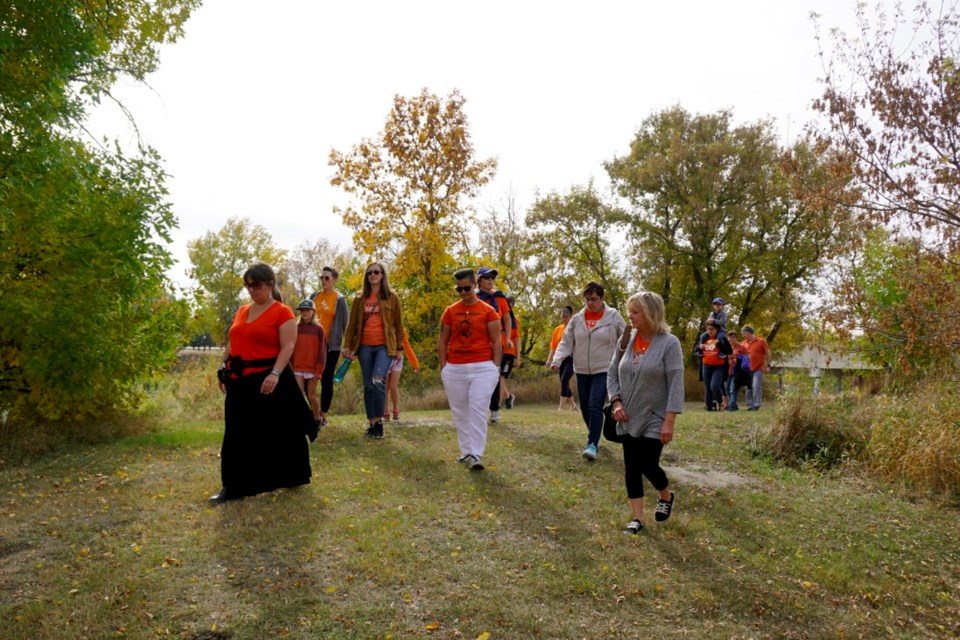Sept. 30 will mark the third National Day for Truth and Reconciliation in Canada.
It's a day that has seen gradual acceptance in Canada. It is considered a national holiday, and is observed as a statutory holiday in B.C., but not in Saskatchewan.
We hear a lot about reconciliation, but there are a lot of truths that we have to accept when it comes to how we have treated Indigenous people in the past and the impact it continues to have with each passing generation.
In a country like Canada, where we pride ourselves on tolerance and acceptance, the stories of our mistreatment of Indigenous people can be difficult to hear. Some of the headlines we have heard have been jarring.
We also have to recognize the need for patience.
There is no cure-all for the current challenges facing Indigenous communities and the relationships between Indigenous people and those in the rest of the country. These issues pre-date Confederation in 1867. Forced assimilation, abuse, racism, residential schools – they have all contributed to the challenges Indigenous people face today.
And if we didn't reach this point overnight, then we're not going to solve the problem instantaneously, either.
We hear talk from politicians about how they're going to spend money to make lives better, and that's great, but a lot of times the commitments aren't followed through fast enough, if at all.
Remember when Prime Minister Justin Trudeau promised to bring an end to all long-term boil water advisories on reserves by March 2021? It still hasn't happened. Yes, we went through the COVID-19 pandemic, but COVID wasn't the reason these advisories are still in effect.
The fact that there are people in this highly-developed country who don't have access to clean drinking water is astonishing.
Ultimately, we can't just leave reconciliation up to someone else, and we can't just let politicians and bureaucrats take care of it.
Are attitudes towards Indigenous Canadians better than they were, say, 50 or 100 years ago? Yeah, they are. We realize that some of the actions that were taken in the past, from the residential schools to the '60s Scoop, were wrong and led to trauma that is still being felt to this day.
People are more accepting of Indigenous people than previous generations. But there is still a lot of work to do and a lot of attitudes to change.
We'll never be completely rid of racist attitudes and cultural stereotypes but we can work hard to improve our views. This can come from teaching children in our schools about the mistakes of the past, about the contributions of Indigenous people to our communities, and by getting Indigenous people involved in the school system.
It's nice that we do land acknowledgements, but it's far more powerful when there is some personal reflection in that message, even if it's just for a few seconds.
There are some wonderful Indigenous and Metis people in our community. Hopefully, you know at least one of them. Many of them are intelligent, hard-working and/or creative individuals. They have wonderful stories and traditions to share. A lot of them just need to be given an opportunity.
Regardless of what you're doing on Sept. 30, it's important to take time to pause and reflect on why this day is observed. Take the time to do a little research on past transgressions against Indigenous people. Go to one of the events happening in the community on Sept. 29 or 30, or take a look at the new exhibit at the Estevan Art Gallery and Museum.
And it's important that we take the time to pause and reflect on a regular basis, not just when it's a national holiday like the National Day for Truth and Reconciliation.



